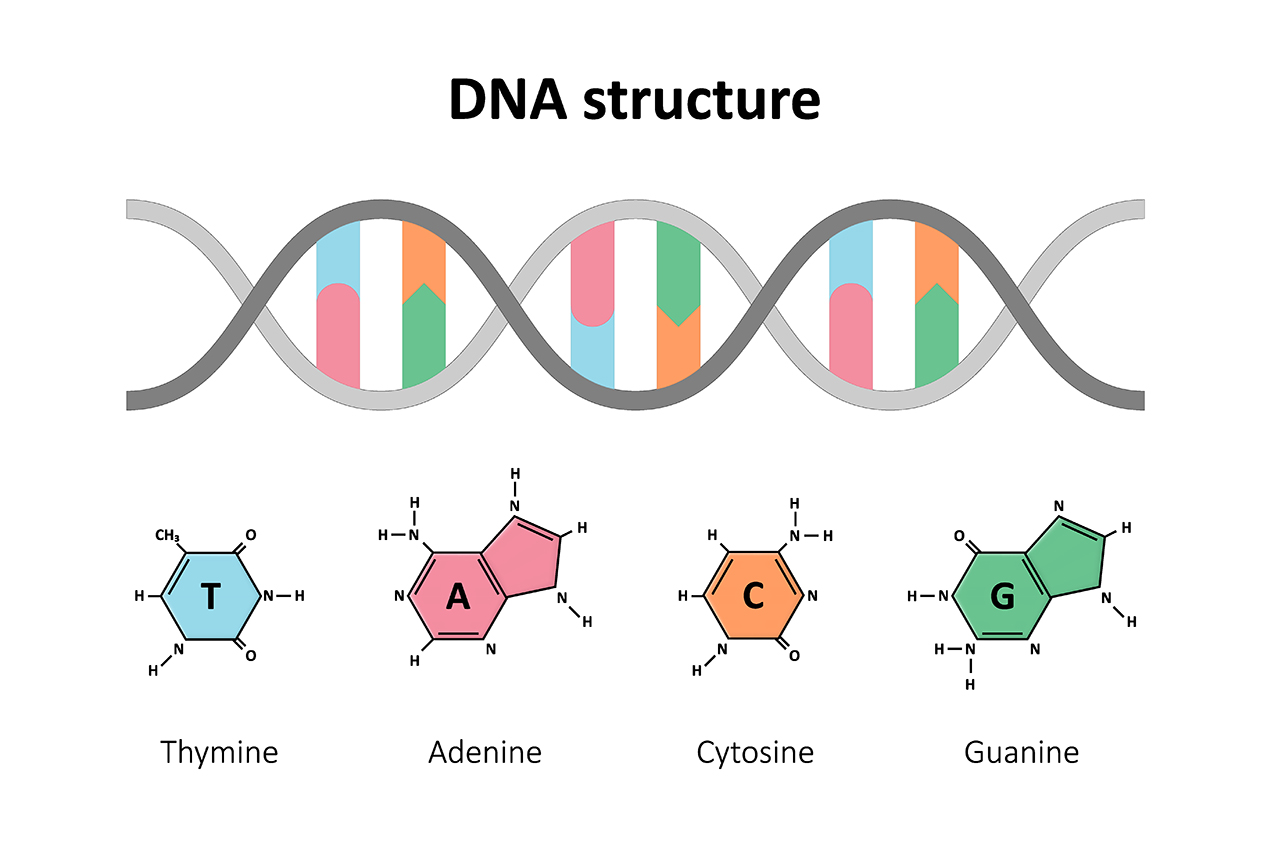The Keck School of Medicine of USC’s Steven Gazal, PhD, working with researchers from around the world, is part of the first scientific team to precisely identify segments of the human genome that have remained consistent, or fixed, over millions of years — and how they, compared to similar segments in non-human mammals, explain human susceptibility to disease.
Gazal says that the results point the way to answering a crucial question: After millions of years of evolution, why are diseases still a part of human life? As a next step in this undertaking, he and his colleagues will repeat the study using primate-only DNA (including data from humans).
An international consortium known as Zoonomia — which supports research on the genomic basis of shared and specialized traits in mammals — provided the dataset, and the findings were published in a special Zoonomia edition of Science.
To read the full story, click here.


